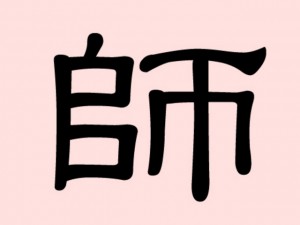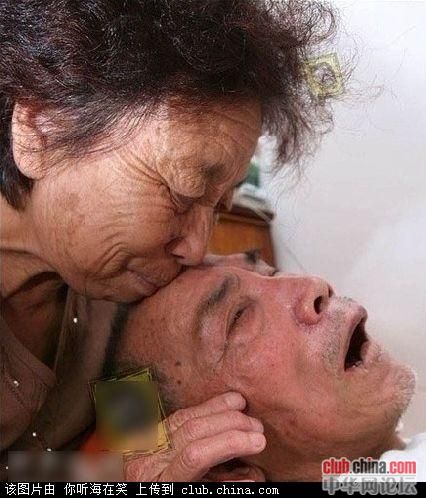Chinese language is body-language – interrupting communication- (4)
Volker once told me about this specific difficulty when filming in China. He remembered the time when he did a documentation film on psychotherapy in China. There were many people who sat in the room, his camera “pointed” to a person, standing, who talked about an experience. After some time this person stopped talking, so that Volker after some time tried to focus on another person, who was moving a little or, as it seemed to be, was probably the next to talk about his experience. Doing this led to the point of missing an important moment. The Chinese who had talked and stopped talking suddenly went on talking, went on talking in a way as if he had not interrupted his presented experience. And it was important what he talked about.
In Germany or probably in other Western countries we get a feeling of ………………..
Read More


